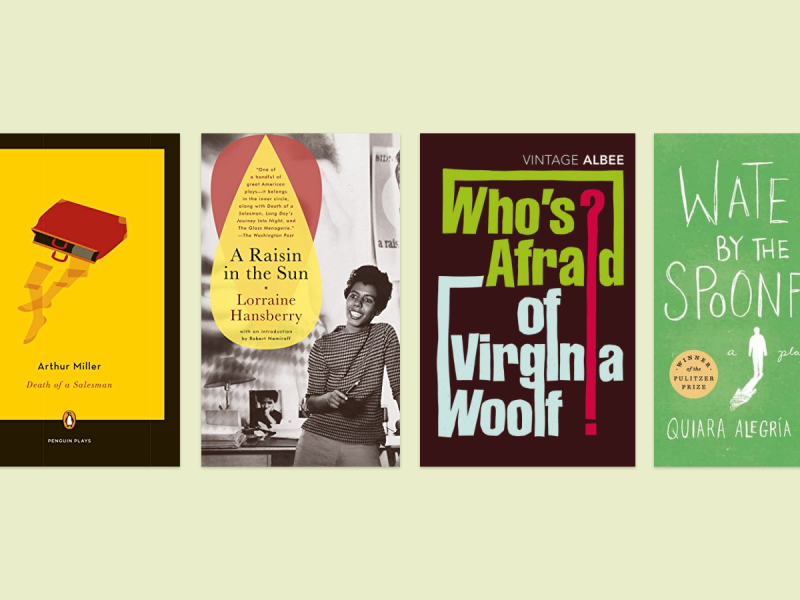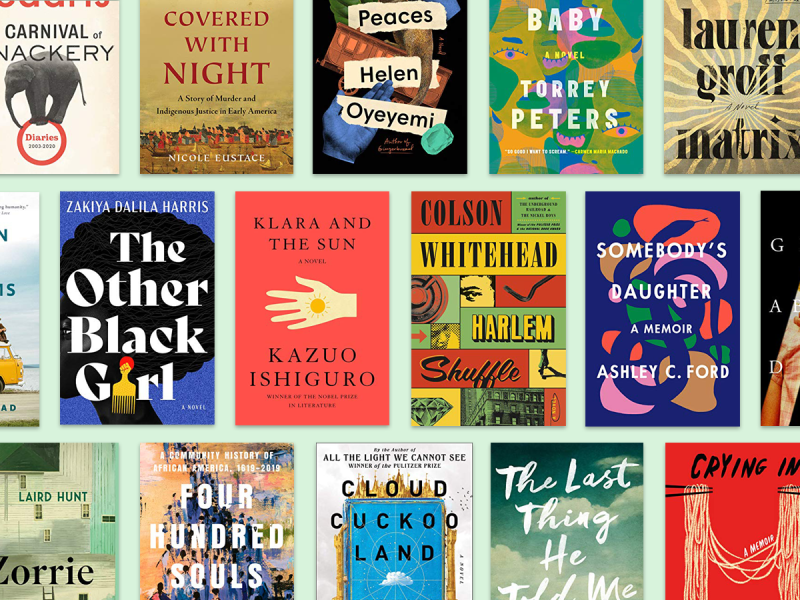
Literary America owes a great debt to the Black Sparrow Press. This visionary California-based publisher was prepared to gamble on Charles Bukowski - the low-life, alcoholic writer other publishers wouldn’t touch with a barge pole - and a swathe of other avant-garde authors who didn’t fit in.
Founded by John Martin in 1966, Black Sparrow also published Paul Bowles, John Fante, Diane Wakoski and other so-called ‘alternative’ writers as well several more mainstream names in Joyce Carol Oates, D.H. Lawrence and Wyndham Lewis (although Lewis had completely faded from the public eye when Black Sparrow decided to revisit his work).
Having seen his poetry in an obscure magazine, Martin persuaded the unknown Bukowski to quit his tedious job in the post office and write full time by offering to pay him $100 per month. The manuscript for Bukowski’s masterpiece, Post Office, was on his desk within a few weeks. Bukowski had only written poetry before Martin’s timely intervention. Post Office is autobiographical and tells the story of barfly Henry Chinaski.
According to the University of Alberta, which has a Black Sparrow archive, Martin had sold his collection of D.H. Lawrence first editions for $50,000 in order to start the company.
Black Sparrow went on to publish five more Bukowski novels and plenty of poetry, and bring his writing to a wider audience.
The Black Sparrow book cover designs are highly recognizable as Barbara Martin, John’s wife, completed the vast majority. There is a real 1960s Beat Generation feel to some of them – pale, pastel covers and geometric shapes – with the art often wrapping around to the rear board. Many of the books were published in limited numbers but the publisher remained afloat without outside financial help.
Many of the authors championed by Black Sparrow were simply considered to be outsiders and their work would never have been published without this publisher’s patronage. Martin trawled through the most little-known literary and art magazines looking for off-the-wall talent.
Martin retired in 2002 and sold the publishing rights for Bukowski, Fante and Bowles to HarperCollins, which showed just how far his quest had come. But the Black Sparrow legacy lives on and many collectors are devoted to acquiring a copy of ever book published by this remarkable small press.





































